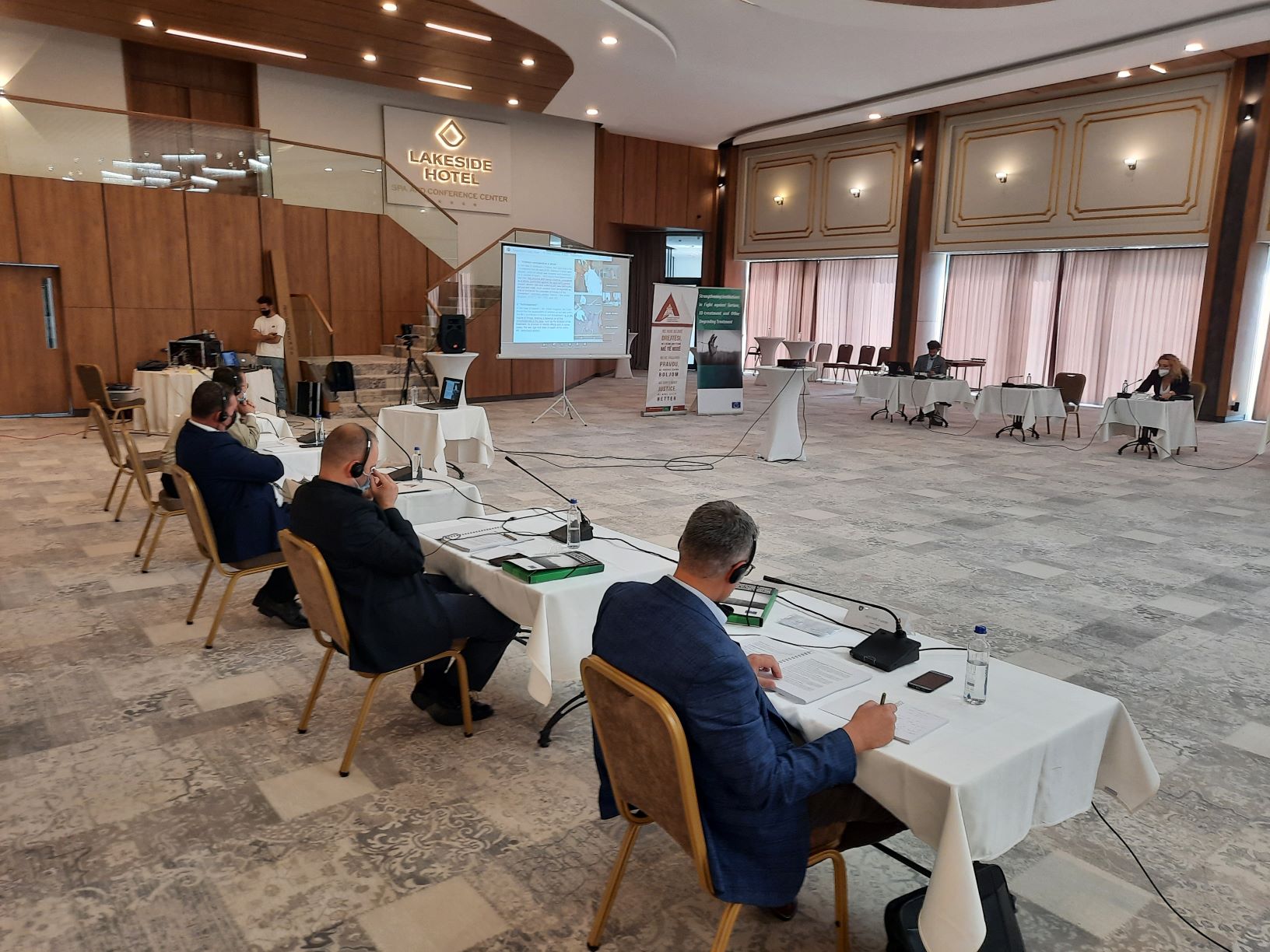On 8-10 September, IKOS in partnership with Justice Academy organized training of trainers (ToT) on investigation, documentation and processing of cases of torture and ill-treatment. 18 trainers of the academy including judges, prosecutors and police officers accompanied with members of the national mechanism for prevention of torture (NPM) benefited from three-day workshop facilitated by experts of the International Committee for Rehabilitation of Victims of Torture (IRCT). Participants were trained on standards, principles, and advanced methodology of “medico-legal” documentation and reporting of torture and ill-treatment, applying techniques and tools developed in the Istanbul Protocol. The manual is based on effective cooperation and coordination among multidisciplinary professionals in the referral system including police and prison inspectorates, prosecutors, prison health service, forensics, psychiatrists, and psychologists, in investigating and documenting allegations of ill-treatment.
More details about IKOS project could be found at the project web page:




